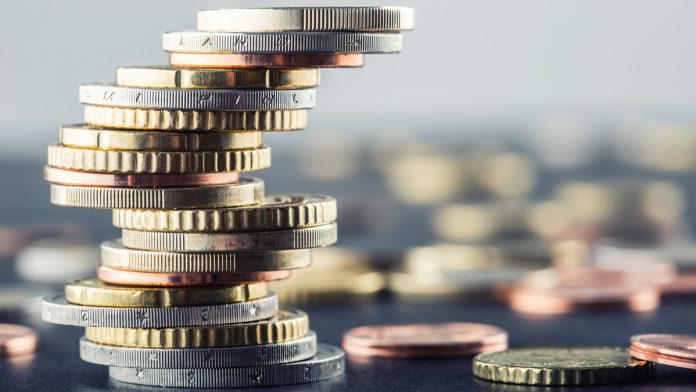- Pound (GBP) falls after two days of gains
- BoE raised rates by 25 basis points
- Euro (EUR) rises after steep earlier in the week
- Eurozone inflation data due
The Pound Euro (GBP/EUR) exchange rate is edging lower on Friday after two days of gains. The pair settled 0.39% higher yesterday, at €1.1704, after trading in a range between €1.1580 – €1.1750. At 08:45 UTC, GBP/EUR trades -0.06% at €1.1696. The pair is set to gain 0.2%, its second straight week of gains.
The pound rallied in the previous session after the Bank of England voted unanimously to raise interest rates for a fifth straight meeting. The central bank hiked rates by 25 basis points, as expected, taking the benchmark lending rate to 1.25%, a 13-year high.
The central bank indicated that it would continue rising interest rates as it expects inflation in the UK to climb to 11%, up from the 10% previously forecast and up from its 9% current level. Meanwhile, the economic outlook for the UK deteriorated further, with a recession almost unavoidable.
Today there is no high-impacting data to be released, but there are plenty of BoE speakers who will be no doubt explaining why the central bank voted to hike by 25 basis points rather than a larger hike given that other central banks across the globe are hiking in an outsized manner.
Brexit woes continue to plague the pound with the EU saying that it is keeping all options on the table is terms of a response to the UK’s overriding of Brexit rules for Northern Ireland.
The Euro traded lower yesterday as concerns over fragmentation and unsustainable borrowing costs in peripheral countries. The ECB held an unscheduled meeting earlier in the week to discuss the problem, but details are lacking on the response.
On the data front, Eurozone inflation will be in focus. Analysts are expecting inflation data to confirm the record 8.1% year-on-year reading for May which was the preliminary print.
The data comes as the European Central Bank is set to raise interest rates in the July meeting.





